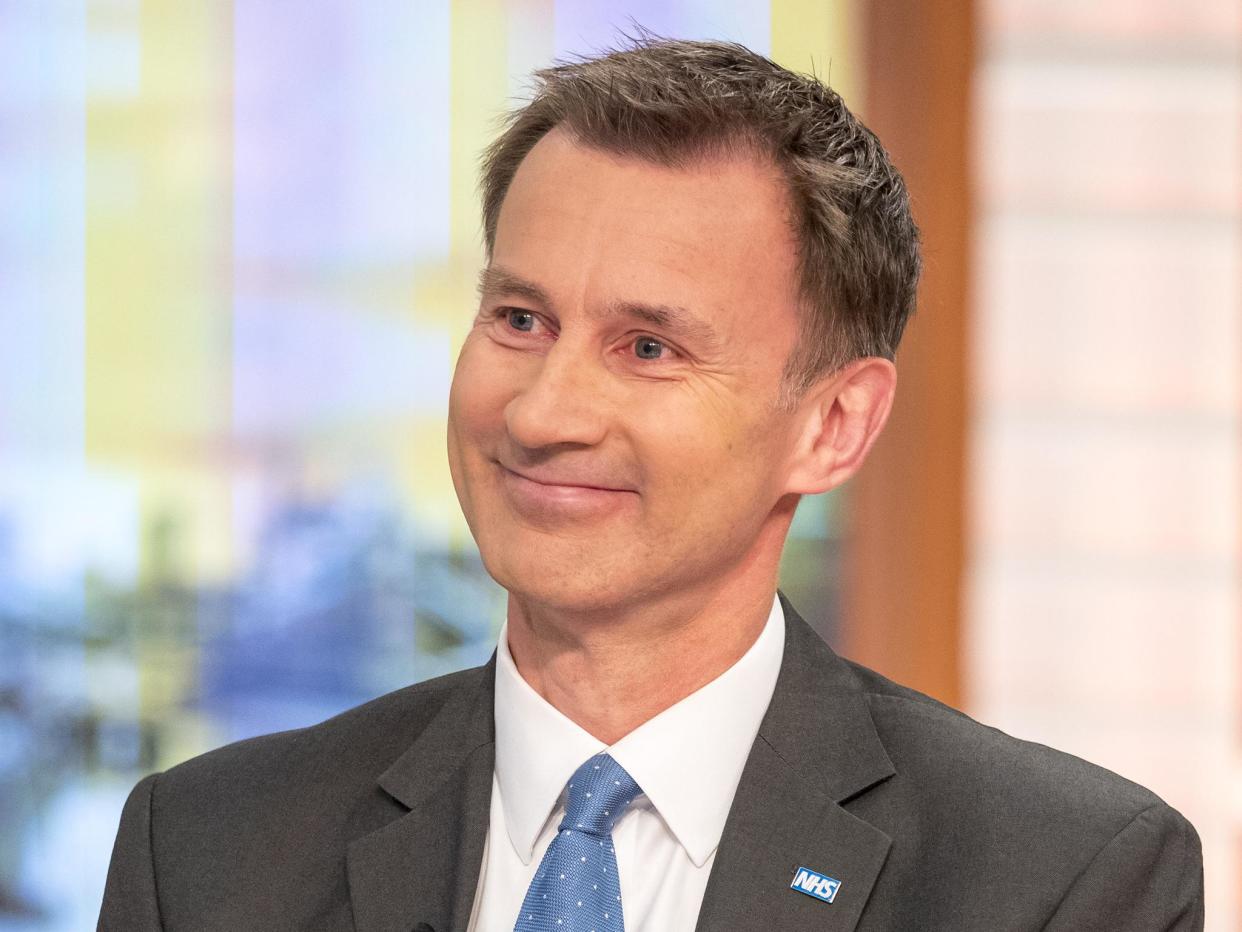Labour is right to fight this election on the NHS. Sadly, people only care about Brexit and May knows it

When Conservative strategists watch the nightly TV news bulletins, they must purr with satisfaction. I’ve already lost count of the number of vox-pop interviews with traditional Labour voters who will vote for Theresa May this time to make sure we get a good deal on Brexit.
It’s a spin doctor’s dream to watch their own lines played back to them by real people. If the opinion polls are right, many former Labour supporters will vote Tory on 8 June; some of them backed Ukip in 2015 and voted Leave last year, so voting May on Brexit would be the next logical stop on their journey. This narrative is toxic for Labour, but may be impossible for the party to halt.
No wonder the Tories want to make it a Brexit election. It will make the campaign even more presidential than usual, continuing the trend towards American-style contests. May’s lead over Jeremy Corbyn is so vast that the Tories’ line about “strong and stable leadership” writes itself with tough Brexit negotiations about to begin.
But the Tories are taking it to ridiculous lengths. This morning Jeremy Hunt, the Health Secretary, deflected four questions about the Government’s record on the NHS by talking about Brexit. His flimsy argument on BBC Radio 4’s Today programme was: “If we have a strong leader doing those negotiations, doing the best deal for Britain, we will have more money for our public services and that will be good for the NHS.”
Yet Brexit has nothing to do with the NHS. The most direct link would be the possible risk of a trade deal with the US opening up the NHS to private sector competition. Hunt’s performance was straight out of Tory central casting. The director is Sir Lynton Crosby, the Australian strategist who believes in hammering one key message to the exclusion of everything else. He brought us the “long-term economic plan” in 2015, which did the job for the Tories but was blown off course when David Cameron’s reckless referendum forced them to delay their deficit-reduction target (again).
Of course all parties want to neutralise their negatives and health is the Tories’ most dangerous one. But they shouldn’t run away from a proper debate about it, and may not need to. Their by-election victory in Labour’s Copeland stronghold, which Labour fought on health, showed that a trump card loses its potency if the brand is bust.
The Tories might win more brownie points from voters by addressing Labour’s offensive on health, rather than merely changing the music to their stuck record of Brexit and leadership. I couldn’t find a direct Tory reply to plans announced today by Jonathan Ashworth, the shadow Health Secretary, to end the 1 per cent cap on NHS pay rises; bring back bursaries for nurses (after a 25 per cent drop in applications) and legislate for “safe staffing levels” so finance never trumps patient safety.
Of course this would have a price tag, but some people might want to vote for more money for the NHS. Not surprisingly, 51 per cent of people name Brexit as one of the most important issues facing the country, according to Ipsos Mori, but health is in second place on 45 per cent. The NHS is a bigger concern than the EU among C2 skilled manual workers and the poorest DE social group.
So we shouldn’t have a single-issue election. People should not be bludgeoned into ignoring other matters by the Tories’ relentless Brexit message. If, as expected, May wins, she will claim a mandate not just for her version of Brexit but for her domestic agenda too. I’m sure she wants to implement measures to match her words about helping “ordinary working families” with deeds. It’s good that she has promised not to duck the crisis in social care, which puts enormous pressure on the NHS.
But her plans should be tested during the election through a proper debate on these vital issues – and others like living standards, education, and pensions. They should not be masked by Brexit, as the Tories seem to hope, so that May is given a blank cheque on domestic policy.
This will inevitably be remembered as the Brexit election. But people are electing a government for five years, and so should at least stop and think about other issues before casting their vote.

 Yahoo News
Yahoo News 
